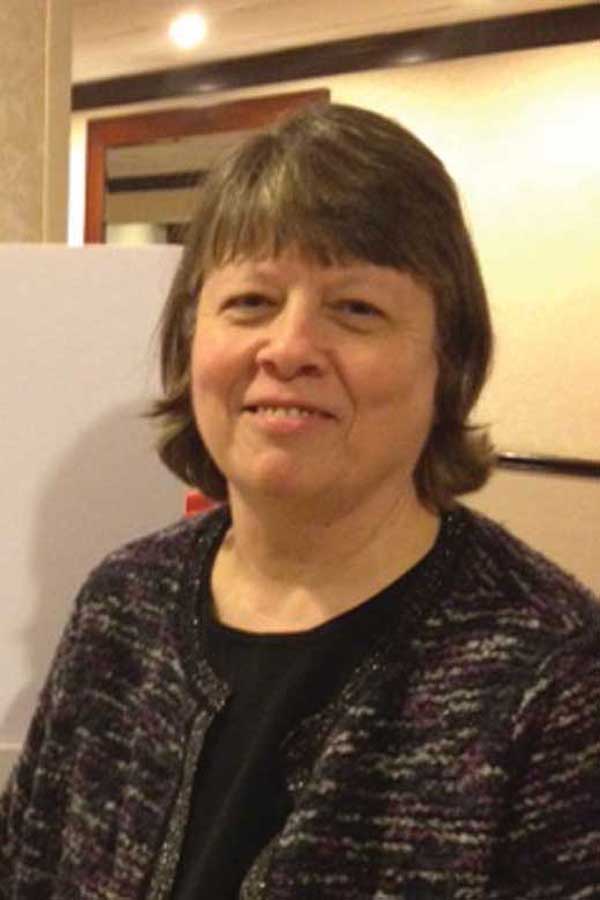TRiO dodges major sequestration effects
Karen Madden
This semester, Johnson State College’s TRiO Program will not feel any major effects of the congressionally mandated across-the-board cuts known as sequestration that began with a 3 percent budget cut for the 2012-2013 academic year, and a 5.23 percent cut for the 2013-2014 academic year.
Beginning in middle school with programs such as Talent Search and Upward bound, the federal TRiO programs assist students from disadvantaged backgrounds in furthering their education. Students who fall within those boundaries include first-generation college students, low-income individuals and those with disabilities.
At the college level, TRiO continues to assist students through its Academic Support Services, and a continuation of Upward Bound’s services.
Over the course of four years, the annual budget for these programs has been cut by $31,000. However, according to Director of Academic Support Services Karen Madden, after careful budgeting over the summer and a close watch on the amount of supplies that were bought, the reduction in staff and resources that was expected for this year is unnecessary.
Students shouldn’t notice any changes to transition, career development, non-traditional student services, academic coaching, academic skills advising, personal counseling or Upward Bound, which are all offered under the umbrella of TRiO.
“Our hope,” says Madden, “is that [sequestration] won’t ever affect students.”
If Congress does not rescind the sequester, though, TRiO is looking at another 7 percent cut for the next academic year, and a semester-by-semester review of the budget will be necessary to plan for the following year, when students may begin to notice changes.
The Academic Support Office is allowed to reduce the number of students served from 235 to 223 this year, where previously it had to maintain the number of students. Madden says it will do its best to continue to serve 235.
To make that possible, the entire staff’s work hours were cut to 80 percent over the summer. Staff Assistant of Academic Support Carolyn D’Luz chose to work 80 percent of her contracted hours for the remainder of the year, alongside Assistant Director of Academic Support Services Clyde Stats, while Learning Specialist Rich Simmons was hired at 80 percent. What this means is that, rather than working 12 months, they’ll only be working 10 months this year.
“I chose to stay at 80 percent time,” says D’Luz, “and I’m okay, I believe. Time will tell if I can afford it or not, but I’m pretty sure that I can.”
Kayla served as a general assignment reporter and photographer for the spring 2013 semester. She returned for the Fall 2013 and spring 2014 semesters...



